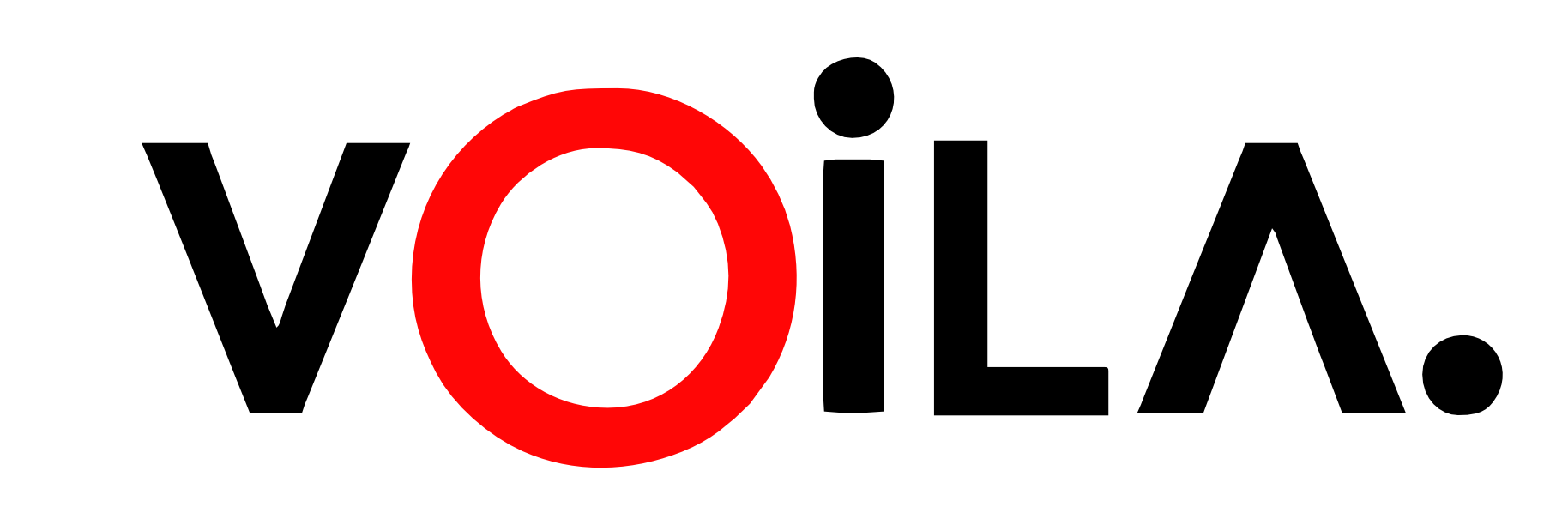Stakeholders have predicted a Nigerian fashion industry boom as it gains traction among global investors and designers for its local labour capacity, cost-effectiveness, and rising technical standards.
President of the Association of Women in Fashion Tech, Bukola Ajani, said in a phone interview with The PUNCH that Nigeria is becoming an attractive destination for garment production and fashion technology, following recent economic shifts and targeted policies by the Federal Government.
Speaking after a recent trip to Finland for the Afrikan Wedding Fair held in March, Ajani stated that the fashion sector is benefiting from a combination of factors, making Nigeria and, by extension, Africa a viable alternative for global production, including import tariffs and naira devaluation.
“What we did in Finland as AWIFT is that we are trying to connect African fashion entrepreneurs to European markets,” she asserted. “We participated in the fashion runway and signed a collaboration agreement for knowledge transfer.”
According to the AWIFT president, the collaboration includes a three-phase training programme by European partners, who will provide technical instruction in Nigeria, offer mentorship, and eventually take selected cohorts to Europe for practical training.
“It is a kind of train-the-trainers program which is going to be in three phases. The Europeans will be in Nigeria for the first opening training. They’ll follow up online with our training afterwards,” she explained. “After a few weeks, they will come back for follow-up training. The trainers will follow this up with mentorship. The mentorship segment will take 25 people per cohort. That first cohort will travel to Europe for about a month for the practical.”
According to Ajani, the knowledge-sharing agreement will run through the end of 2025.
“We’re starting in June. September and October will be follow-up training. By February next year, the interns will go to Europe for the practical training,” she added.
Ajani noted that the inclusion of technologies such as AI-based design tools, CAD for 3D prototyping, and AR-powered virtual runways marks a turning point for the continent’s fashion sector.
“They are bringing technology to the entire value chain of garment production.”
On the policy front, Ajani disclosed that the fashion sector is benefiting from currency devaluation and increased import tariffs on finished garments, as they have made foreign production less attractive to Nigerian entrepreneurs.
“The devaluation of the naira helped us,” Ajani remarked. “Before, people went to China or Turkey for production. Now, the cost of importing is too high. It’s better to produce locally.”
She added, “As Nigerians are looking into local production, foreigners are also looking into the cheap labour here because, in terms of exchange rate, it’s completely cheaper for them to come and produce in Nigeria.”
Ajani noted that the timeliness of improved standards in Nigeria is the innovation Africa needs now, especially as the African Continental Free Trade Area implementation is fast-tracked.
She queried, “Are we going to be producing mediocre products? No. And that is the reason why we need that training.”
Ajani noted that the AfCFTA increases Nigeria’s appeal, stating, “It will allow them [foreign investors] to reach other African countries without much stress.”
With the importation of finished garments now declining, Ajani said local manufacturers are gaining ground.
“There is a huge reduction. Some of those importers now bring their samples to us for local production,” she added.
“The fashion industry is transforming. We are not just creating clothes but building capacity, using technology, and developing export-ready standards.”
Ajani, also the Chief Executive Officer of Garment Consult, called on the government to continue supporting the fashion sector with policies that favour local production and international partnerships, stressing, “This is how Nigeria becomes a hub, not just for fashion, but for fashion tech.”
Meanwhile, in a virtual interview with The PUNCH, the President of the Central Eastern European and West African Business Association, Michael Dada, also a co-organiser of the Afrikan Wedding Fair, echoed Ajani’s sentiment that the rising cost of production in traditional Asian hubs is forcing companies to explore new options in Africa.
“European labour costs are increasing, and companies are looking away from China, India, and Pakistan,” Dada maintained. “We created the Afro-EU Fashion Hub in 2013 to help African designers in Europe meet standards. Now, with partners in Nigeria, we are enabling fashion training, tech, and marketing.”
Dada revealed that the group plans to host its Afro-EU Fashion Summit in Lagos, in a bid to deepen collaborations across both continents.
The organiser of the Afrikan Wedding Fair in Finland, Omolara Odediran, in a virtual interview, told The PUNCH that fashion was the mainstay of the event, despite participation from other sectors such as finance and real estate.
“I hosted the Afrikan Wedding Fair because it is an opportunity to showcase African culture, creativity, and commerce,” Odediran said. “The highlight was to give the immigrant community in Finland a voice.”
She noted that the fair aims to create visibility for African businesses through partnerships and a dedicated business directory.

 2 months ago
60
2 months ago
60








 English (US) ·
English (US) ·